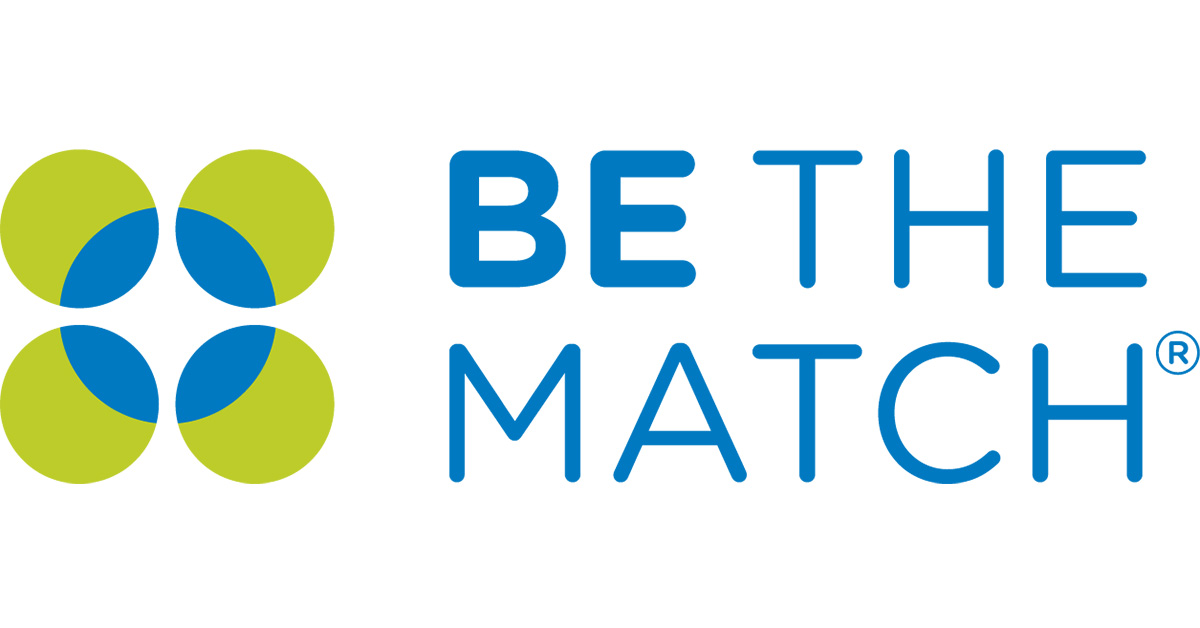
PHILADELPHIA (April 6, 2023)— April is National Donate Life Month, and Fox Chase Cancer Center and Temple Health are kicking off the month with a Be The Match virtual event.
Be The Match is a nonprofit organization and global leader in blood stem cell transplant—sometimes called bone marrow transplant—focusing on improving outcomes, support, and resources for patients with cancers and blood diseases like sickle cell anemia. Cancers that typically affect bone marrow function include leukemias, multiple myeloma, and lymphomas, all of which originate in the blood cells. For certain types of these cancers, transplants can be an important part of treatment.
During stem cell transplantation, a patient whose stem cells have been destroyed by cancer or its treatment will receive healthy blood-forming stem cells from a donor to replace their own. These stem cells are predominately taken from blood; a small portion are taken from bone marrow. Only 30% of patients have a matching donor in their families, so the remaining 70% must search the Be The Match Registry to find a matching donor.
Fox Chase’s Department of Bone Marrow Transplant (BMT) and Cellular Therapies is one of the leading programs in the country. Its outpatient and inpatient units occupy the entire fifth floor of the Patient Care Center at Temple University Hospital – Jeanes Campus.
How do I participate?
To sign up for the registry, individuals between the ages of 18 and 40 can text BMT to 61474 and complete a brief health history. Be The Match will send you a cheek swab kit in the mail within a few days. From there, simply complete your swab test and return it to Be The Match using the prepaid envelope.
How does Be The Match work?
Using the swab kit that you send in, Be The Match determines your human leukocyte antigen (HLA) type—a protein found in most cells of the body—to compare with HLA markers of patients who need a bone marrow transplant.
What can I expect after submitting my swab?
It may take months or even years to find a match, and being on the registry doesn’t guarantee you will ever be matched to a patient in need. A donor and recipient do not need to have the same blood type, but patients are more likely to match with donors with similar ethnic backgrounds. If you are identified as a match for a patient, Be The Match will move quickly to take the next steps in coordinating a donation as you may be the only option for a patient seeking a life-saving stem cell transplant.
Is donating painful?
There are two ways to donate blood stem cells or marrow. The first process, which is used 90% of the time, is a nonsurgical peripheral blood stem cell collection that resembles plasma donation. The second process is marrow extraction, a surgical procedure performed under anesthesia.
Many donors say they experience little to no pain during the process of donating. There can be some discomfort during recovery that varies from person to person. Side effects can include back pain, fatigue, headache, and bruising for a few days or weeks, but many donors say they would do it again to save a life.
For further information, contact Rebecca Farrell, Clinical Manager at Fox Chase, at 215-214-3738.